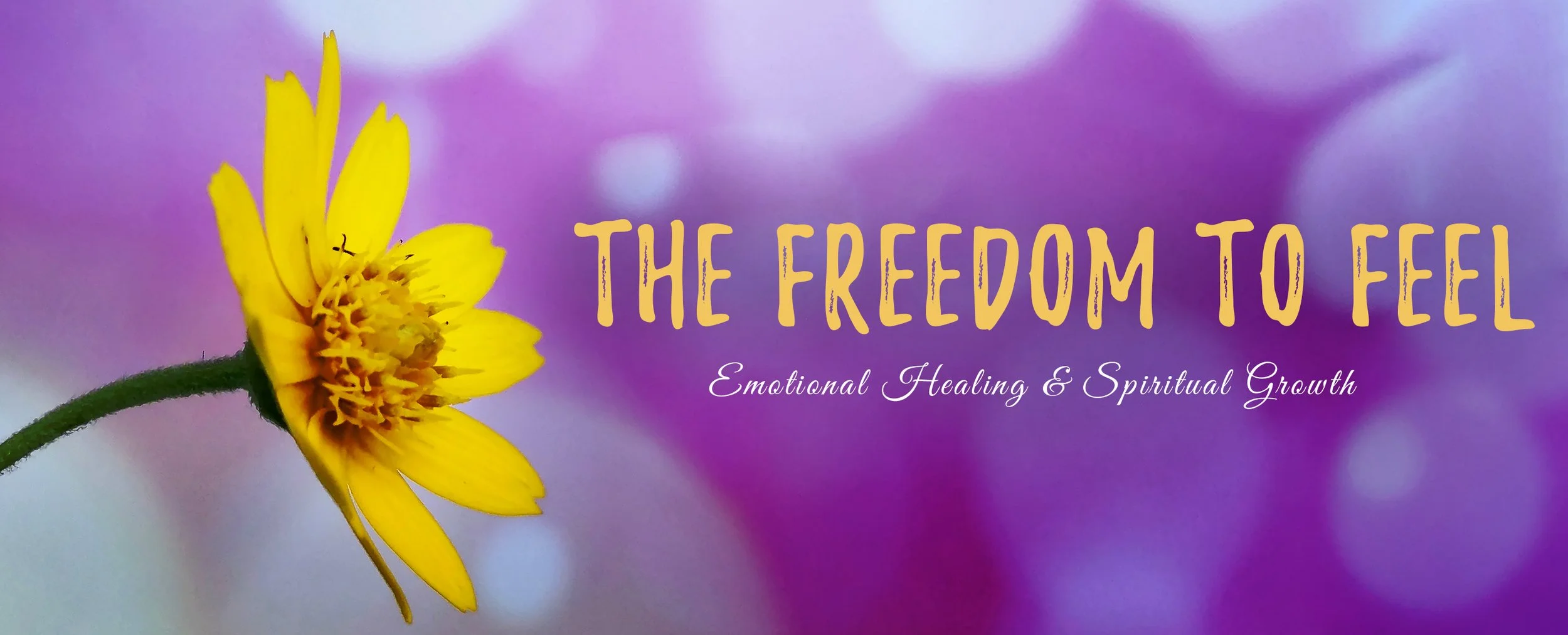Health Benefits of Brazil Nuts
Brazil nuts are high in calories, and contain good quantities of vitamins, anti-oxidants and minerals. The Brazil nut's kernels, in fact, are staple energy sources of native Amazonians even today.
100g of Brazil nuts provide about 656 calories. Their high caloric content chiefly comes from their fats. However, much of this fat content is mono-unsaturated fatty acids (MUFA) like palmitoleic acid (16:1) and oleic acid (18:1) that help lower LDL or "bad cholesterol" and increase HDL or "good cholesterol" levels in the blood. Research studies suggest that a Mediterranean diet that is rich in monounsaturated fatty acids offers protection from coronary artery disease and strokes by favoring a healthy blood lipid profile.
The nuts are also a very good source of vitamin E; they contain about 7.87 mg per 100g (about 52% of RDA). Vitamin E is a powerful lipid-soluble antioxidant. It is required for maintaining the integrity of cell membrane of mucusa and skin by protecting it from harmful oxygen free radicals.
Brazil nuts hold exceptionally high levels of selenium. 100g provide about 1917 µg or 3485% of the recommended daily intake of selenium, rating them as the highest natural source of this mineral. Selenium is an important cofactor for the anti-oxidant enzyme, glutathione-peroxidase. Just 1-2 nuts a day provide enough of this trace element. Adequate selenium in the diet helps prevent coronary artery disease, liver cirrhosis, and cancers.
Furthermore, just as in almonds and pine nuts, Brazil nuts too are free from gluten protein. The nuts, therefore, are one of the popular ingredients in the preparation of gluten-free food formulas. These formula preparations are, in fact, healthy alternatives for people with wheat food allergies and celiac disease.
Additionally, these creamy nuts are an excellent source of the B-complex group of vitamins such as thiamin (51% of RDA per 100 g), riboflavin, niacin, pantothenic acid, vitamin B-6 (pyridoxine), and folates. Altogether, these vitamins work as cofactors for enzymes during cellular substrate metabolism inside the body.
In addition to selenium, they hold very good levels of other minerals such as copper, magnesium, manganese, potassium, calcium, iron, phosphorus, and zinc. Copper helps prevent anemia and bone weakness (osteoporosis). Manganese is an all-important cofactor for the antioxidant enzyme, superoxide dismutase.
Brazil nut oil, extracted from these nuts, has many traditional medicinal applications as an emollient and massage oil. It has a clear yellow color with a pleasant, sweet smell and taste. Its emollient property helps keep skin well-protected from dryness. It has also been used in cooking, and as “carrier or base oil” in traditional medicines in aromatherapy, and in the pharmaceutical and cosmetic industry.





